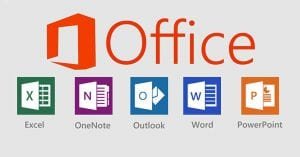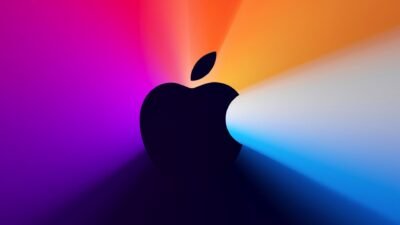Microsoft Edge Drop feature: A new way to share files

Microsoft is working on a new way of transferring data for Edge users. In the future, it should be possible to sync files and notes across devices using the drop function without leaving the browser. OneDrive storage is still required. At this point, the new file sharing is in the most recent Microsoft Edge Canary Version 104 tested before it can reach the average consumer in a timely manner.
The feature, known in English as “Drop,” opens a chat window in the browser’s sidebar, allowing you to take notes, and add links and files. The monologue and the attached data are shared across all connected devices and are therefore available not only on the desktop PC, but also on notebooks, smartphones, and tablets.
A suitable Microsoft account including activated sync and OneDrive cloud storage is required. Unlike well-known messenger services (eg Teams, Slack, Discord, etc.), the drop function within the Edge browser does not yet offer unlimited storage space. It uses the free storage space of your own OneDrive.
Like colleagues from neowin report, simplified file sharing is not yet available to all users of Edge Canary build. The feature hasn’t appeared in our browser client yet either. A distribution in waves is therefore probable. Info: Canarian users will find the new “Drop” in the Settings -> Appearance area and can activate it as a button in the toolbar or take the route from the main menu.
More New Edge Features
Microsoft recently released a redesign of the Edge browser within the Canary version, which is increasingly adopting the Windows 11 style. In addition, a VPN service from Cloudflare is being tested with the Secure Network.
The company Redmond also wants to make it possible to store passwords permanently and automatically in the Edge. It is not yet known whether all new features will be retained. But the Chromium-based browser seems to convince many users. Its global market share is 10 percent higher than Apple Safari and Mozilla Firefox.
Digital marketing enthusiast and industry professional in Digital technologies, Technology News, Mobile phones, software, gadgets with vast experience in the tech industry, I have a keen interest in technology, News breaking.











